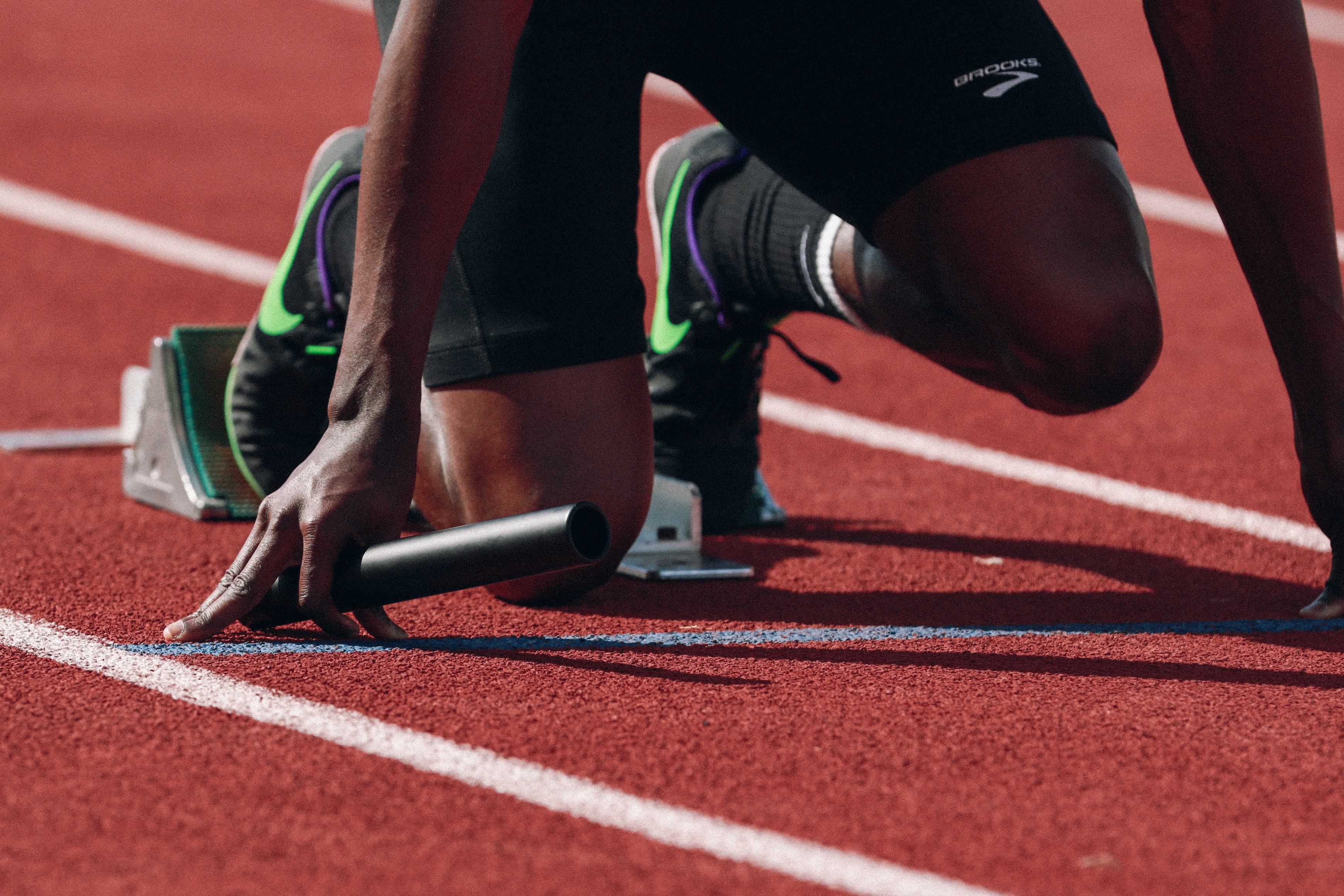Happy World Sleep Day! At Thrive Global, this is like our Mardi Gras, and we celebrate with abandon… by getting a good night’s sleep.
And in fact, World Sleep Day is a perfect day to remember that doing anything with abandon–or energy or power or focus–starts with sleep. For too long, sleep’s image has been, well, sleepy–like it was the opposite of active. But as a mountain of recent science has shown us, sleep isn’t a time of idleness–it’s a time of incredible activity in the brain. And what the science also shows is that this activity is the foundation for performance. Sleep, as we now know, is the ultimate performance enhancer, and we all have access to it every night, right between the sheets.
Yet for many people, sleep is still regarded as optional, as something Type A, driven people can dispense with or at least minimize. This is belied, of course, by myriad studies–with new ones being published every week. But instead of citing those, perhaps the best way to convince the sleep holdouts–those who still think of sleep as a weakness or something unproductive–is to look to a world that’s the ultimate in productivity and pragmatism: elite sports.
To top athletes and teams, the secret about sleep is out of the bag and sprinting down the track toward the finish line. For them, not only is everything about what works, but what works and what doesn’t work is infinitely measurable.
The impact of sleep on physical and mental performance isn’t even a close call. That’s why more and more teams, beyond just paying attention to sleep, are bringing on sleep specialists. Okay, to cite just one study–and since we’re currently in the midst of March Madness–Cheri Mah, of the Stanford Sleep Disorders Clinic and Research Laboratory, decided to look at the impact of sleep on members of the Stanford basketball team. What she found was those members who got more sleep saw their free-throw shooting go up by 9 percent and their three-point shooting go up by 9.2 percent. That’s a huge difference in a world where the line between winning and losing is usually miniscule.
But the top athletes are already convinced. Tom Brady is famous for his near religious devotion to his sleep routine, which often means going to bed at 8:30 p.m. And it has served him well, winning his 5th Super Bowl on the eve of turning 40. Or take Michael Phelps, the winner of the most Olympic medals of all-time. He not only considers sleep a vital part of his training, he tracks it the way he does his swimming times. In the year leading up to the Rio Olympics, he averaged 7 hours and 36 minutes of sleep each night. And picked up 6 more medals. Or take champion golfer Jordan Spieth, who goes even farther and aims for eight hours every night.
The connection between sleep and performance has even begun to seep into everyday sports analysis. In February, ESPN ran a piece drawing a connection between a lackluster performance from LeBron James, who plays more minutes than anybody else in the NBA, and rest. As Tom Haberstroh noted, James was expected to rest during the second night of a back-to-back series, but ended up playing anyway–and shooting 8 for 19 and missing two dunks. Last year, the Cavaliers trainer gave players sleep tracking devices, now common for many teams, and the players have taken what they’ve learned to heart. “The big lesson of the Cavs wearing the devices,” writes Haberstroh, is that “every hour of sleep proved crucial for their body’s ability to recover and allow heart-rate levels to regulate the next day.”
Another piece by Haberstroh, published yesterday, noted that ESPN Magazine’s “schedule alert” formula predicted 13 games in which one team should have a very hard time winning, given the likely travel and fatigue dictated by the schedule. In fact, the rest-challenged team lost 11 of those 13 games. “Maybe sleep scientists should be the new Vegas oddsmakers,” writes Haberstroh.
And if sleep works for athletes at this level, imagine what it can do for us. If performance at your job or in your life involves focus, attention, decision-making, productivity, creativity, resilience or learning, sleep can be just as effective as a performance enhancer in your life.
So I hope you’ll join me in celebrating World Sleep Day. And then upping your own game by continuing that celebration every other day of the year, too.
Originally published at journal.thriveglobal.com


